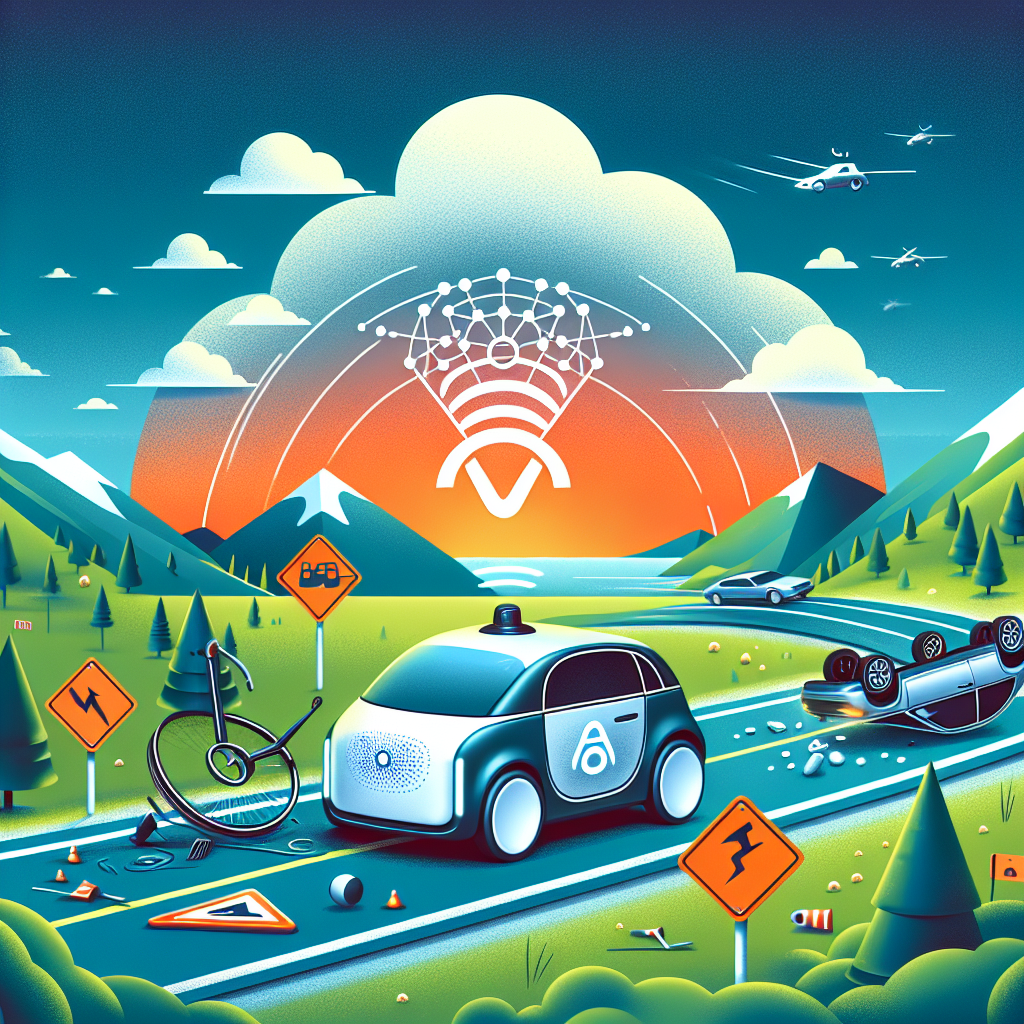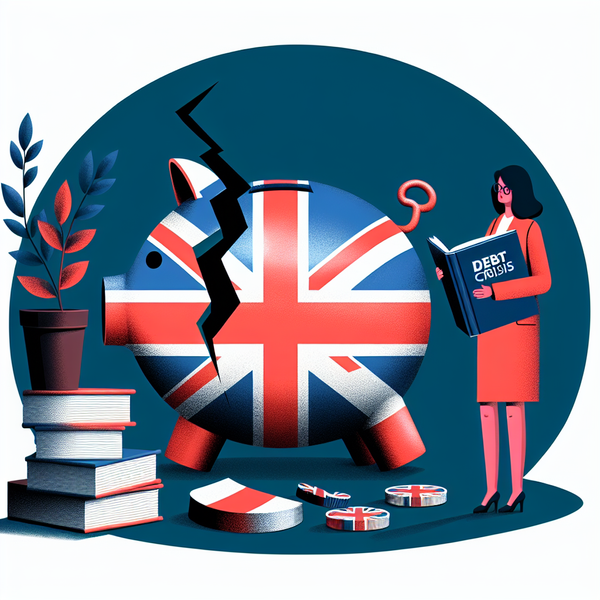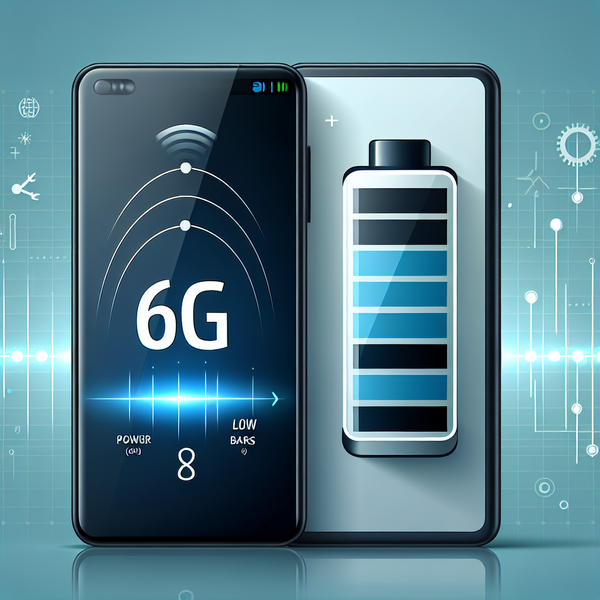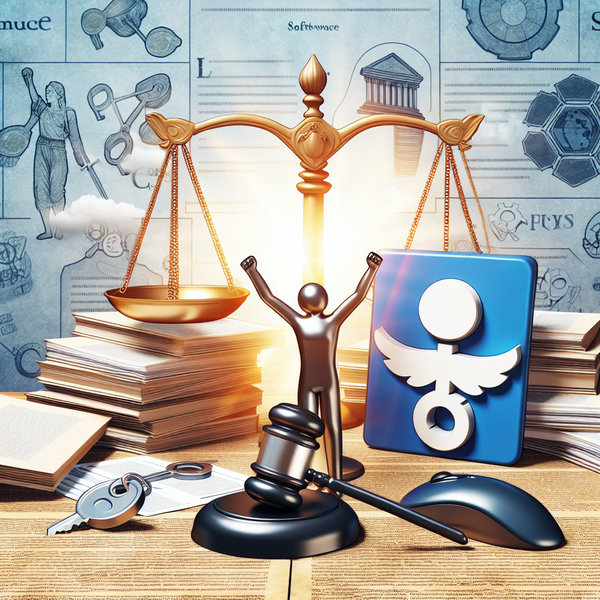Tesla Tops Fatal Accident Rate Among Car Brands: A Closer Look at Road Safety Challenges

Understanding the iSeeCars Report
Tesla, known for its innovative technology and autonomous driving capabilities, has come under scrutiny due to a recent report by the auto research firm iSeeCars. The study reveals that among car brands, Tesla has the highest fatal accident rate, recording 5.6 fatal accidents per billion miles traveled between 2018 and 2022. This finding challenges Tesla’s long-held claims of superior safety, as articulated by CEO Elon Musk and the company’s marketing strategies.
Impact of Advanced Driver Assistance Systems
Tesla's integration of Autopilot and Full Self-Driving (FSD) systems aims to mitigate human error and enhance vehicle safety. Nevertheless, the report raises questions about their effectiveness. While these technologies are designed to assist drivers, they may inadvertently contribute to complacency, leading to increased accident rates when manual intervention becomes necessary.
Technical Challenges and Road Safety
The collision data showcases a broader issue within the automotive industry: the delicate balance between technological innovation and road safety. As more vehicles incorporate advanced driving technologies, manufacturers are challenged to improve both the reliability of these systems and how they interact with drivers. Carmakers, including Tesla, must consider these human-machine interactions as critical components of their design and safety tests.
Regulatory and Market Reactions
The disparity between Tesla's reported accident rates and safety promises has prompted regulatory investigations by the National Highway Traffic Safety Administration (NHTSA) and the Department of Justice. These investigations explore whether Tesla’s marketing and promotion of its Autopilot and FSD features may have misled consumers about their actual capabilities and safety levels.
The Autonomous Future: Opportunities and Skepticism
Despite these challenges, Elon Musk has expressed confidence in Tesla's trajectory towards fully autonomous vehicles, such as the anticipated steering wheel-free Robotaxi slated for production by 2027. However, industry experts express skepticism, noting competition from established players like Waymo, which already operates a fleet of autonomous taxis. This skepticism is fueled by questions about Tesla’s ability to deliver on its ambitious technological promises amidst safety concerns.
Conclusion: A Call for Comprehensive Safety Solutions
The iSeeCars report serves as a crucial reminder of the importance of prioritizing safety in the face of rapid technological advancement. It emphasizes the need for continuous evaluation and enhancement of both vehicle software and hardware. As the industry progresses towards autonomous vehicles, ensuring driver and passenger safety remains paramount.




